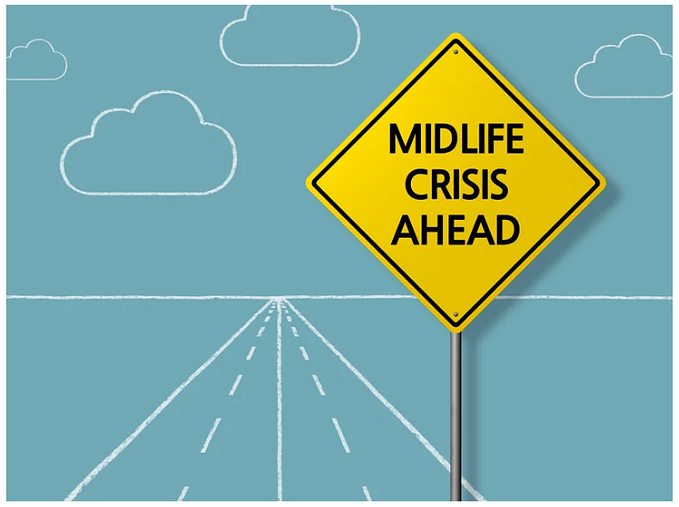Member-only story
Do the Thing That’s Hard
It’s only hard because it matters that much

I recently had to have a medical test that I really didn’t want to have. No, that’s not even close to accurate; “really” could never describe the level of soul-paralyzing fear I felt in the lead up to that day. Every hour was black, filled with dreaded anticipation about what might be revealed. At 3am on the morning of the test, I considered canceling it. Not knowing seemed a far better alternative than carrying the epistemological weight.
But I didn’t cancel it, thankfully, because some voice inside that I couldn’t hear, only felt, whispered, as I stood outside the building, “Harness any hopelessness, collect your courage, and do the thing that’s hard.”
“Harness any hopelessness, collect your courage, and do the thing that’s hard.”
There’s a reason why we put off what we perceive to be difficult undertakings. Sometimes that reason is based in fear or the malaise that comes when an effort seems insurmountable. Other times it may be from a lack of confidence, guilt or shame, exhaustion — or some combination thereof.
Carrying “dreaded anticipation,” or even good, old apprehension, is neither fun nor easy — which is one reason why we often resort to failed coping strategies. Take, for example, distraction.
Friedrich Nietzsche wrote that “haste is universal because everyone is in flight from himself.” When “what was,” “what is,” or “what might be” becomes too overwhelming and hard to hold, diverting our attention can seem like a good endeavor. And, in some cases, it can be for a time; we all need a break from that anticipation/apprehension weight to restore ourselves. But too often that break becomes a way of being, not only because it feels good to feel less bad, which can be addictive, but also because it serves as a way of asserting control in a situation where control doesn’t seem to exist. The problem is too much distraction keeps us in a disjointed universe with no core sense of self — to say nothing of potentially contributing to harmful outcomes.
Denial is another failed coping strategy when facing something meaningful that we’d rather not. Sigmund Freud first developed the concept of denial as a…








